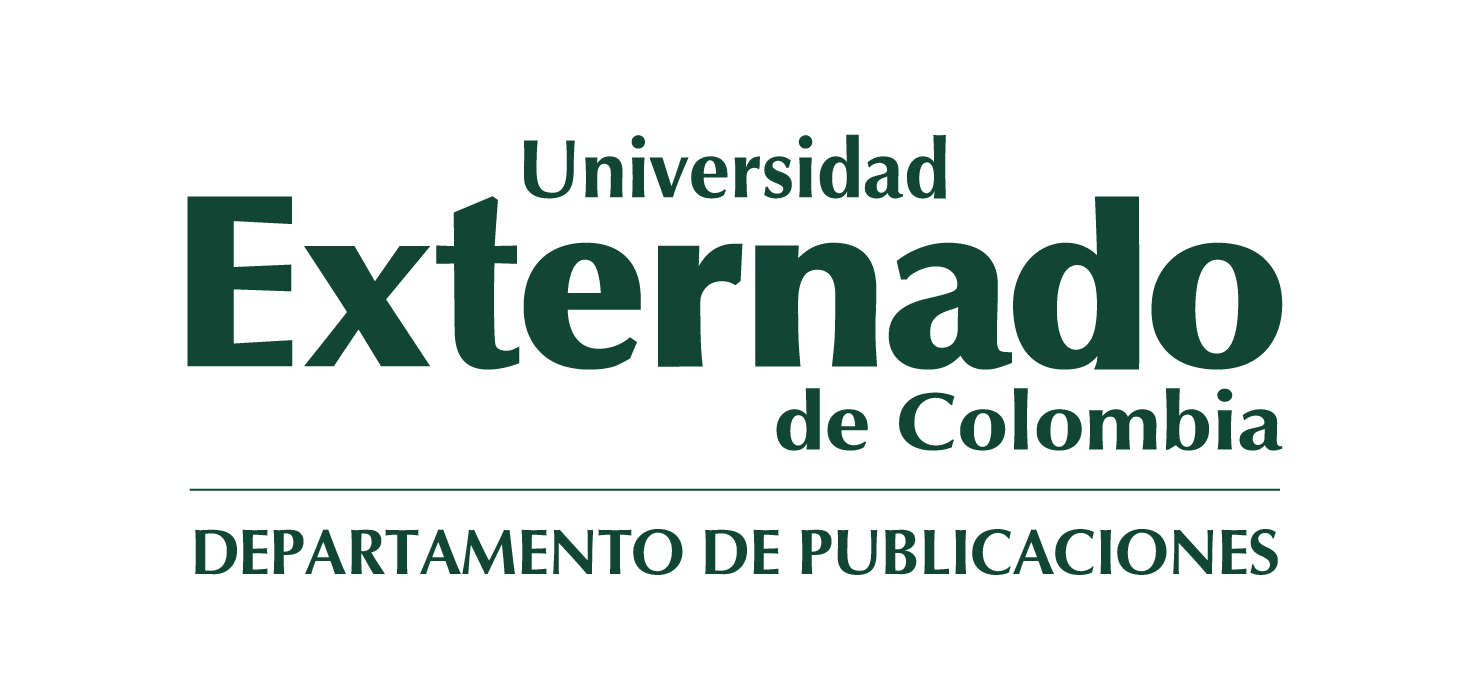Despite the many reservations generated by the global balance that can be made today of the decentralization and territorial autonomy introduced by the 1991 Constitution, some changes that are perceived in the political reality of the territories and in certain sectors of public opinion, the National legislation and jurisprudence allow us to notice new winds in this matter. Added to a growing harmony with the need to deepen these aspects of the political and legal system is the very wide margin for development that the constitutional text still offers on this front. This not only allows us to explore new formulas to address the administrative, economic, ecological and social challenges facing the Colombian State. It also makes it possible to breathe new life into the state apparatus and the legitimacy and effectiveness of its actions in the face of the growing cries of local communities, increasingly persuaded (both at an institutional and social level) of the importance of their participation in decision-making. public decisions and the effective fulfillment of the State's responsibilities on the ground.
In view of this reality and with a view to laying the foundations for an open and critical debate on these issues, this work seeks to define the main aspects of this non-closed model of territorial organization and examine the regime of the main responsibilities that today local entities are in charge. As a result, this work hopes to offer a complete, concise and academic look at the main issues of the law of territorial entities in Colombia.
PRESENTACIÓN
ESTUDIO PRELIMINAR
AUTONOMÍA TERRITORIAL DESDE UNA VISIÓN COMPARADAFrancisco Velasco Caballero
PRIMERA PARTE
LA ORGANIZACIÓN TERRITORIAL DEL ESTADO EN COLOMBIA
Capítulo 1
El municipio en Colombia y las dificultades para su creación Paula Robledo Silva
Capítulo 2
La regulación jurídica de las áreas metropolitanas y su fortalecimiento institucional Juan Carlos Covilla Martínez
Capítulo 3
Los departamentos de Colombia. Características y problemas de su institucionalidad Augusto Hernández Becerra
Capítulo 4
Regiones y provincias en Colombia: ¿entes territoriales o administrativos? Catalina Ana Larach del Castillo
Capítulo 5
Caracterización de los esquemas asociativos en la Ley Orgánica de Ordenamiento Territorial Juan Carlos Covi/la Martínez
SEGUNDA PARTE
PRINCIPALES COMPETENCIAS y RESPONSABILIDADES DE LAS ENTIDADES TERRITORIALES EN COLOMBIA
Capítulo 6
La ordenación del territorio y el ordenamiento urbano en el derecho colombiano Héctor Santaella Quintero
Capítulo 7
Los municipios y la gestión de los servicios públicos: entre la limitación de la autonomía y la obligación de garantía Fernando Alexei Pardo Flórez
Capítulo 8
La gestión ambiental de las entidades territoriales: ¿atrapada en la organización territorial? Camilo Perdomo Villamil
Capítulo 9
Los bienes públicos y su régimen territorialJulián Andrés Pimiento Echeverri
Capítulo 10
La contratación estatal: particularidades alrededor de las entidades territoriales Juan Carlos Expósito Vélez
eBook
Impreso
-

-
Juan Carlos Covilla
-
Juan Carlos es Profesor lector de Derecho Administrativo en la Universidad Pompeu Fabra de Barcelona. Ha sido galardonado en el premio a la mejor tesis doctoral sobre derecho administrativo en España y ha publicado tres libros y más de 20 artículos en editoriales destacadas como Thomson Reuters, Tirant lo Blanch y la Universidad Externado. Su investigación, centrada en los desafíos de la administración pública frente al uso de la inteligencia artificial, crisis, y derechos humanos, además del derecho local y contratación pública, ha sido citada por tribunales e instituciones tanto públicas como privadas.
-
-

-
Paula Robledo Silva
-
Doctora en Derecho Constitucional por la Universidad de Valladolid (España). Magíster en Derecho Público de la Universidad Externado de Colombia. Especialista en Derecho Constitucional y Ciencia Política del Centro de Estudios Políticos y Constitucionales (España). Abogada de la Universidad Externado de Colombia. Actualmente se desempeña como magistrada auxiliar del Consejo de Estado y docente investigadora de la Universidad Externado de Colombia
-
-

-
Héctor Santaella Quintero
-
Doctor/a por la Universidad Autónoma de Madrid con la tesis El régimen constitucional de la propiedad privada y su garantía en Colombia. Análisis fundamentado en el estudio de la garantía de la propiedad privada en los ordenamientos constitucionales alemán y español (2010)
-
eBook
Digital: descarga y online - EPUB
Catálogo Universidad Externado:
Impreso
Catálogo Universidad Externado:



